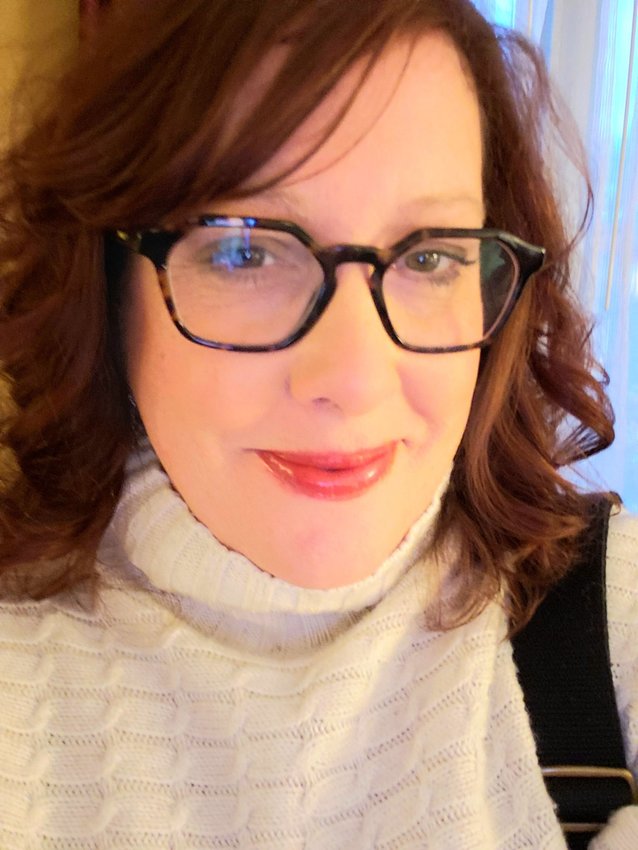Public media is the thread that runs through Manoush Zomorodi’s award-winning career in journalism, which began with an internship at the BBC’s Washington, D.C., bureau.
“I loved the people. I loved the pace. I loved learning. It was really baptism by fire,” she recalled. She became a producer for BBC World Service and later went to work for Thomson Reuters and WNYC, New York City’s National Public Radio (NPR) affiliate. In 2018, she founded Stable Genius Productions, and since 2020, she’s been the host of NPR’s TED Radio Hour.
The NPR-produced TED Radio Hour debuted in 2012 in partnership with the nonprofit TED organization. The weekly radio show and podcast explores an array of topics, often inspired by TED Talks on issues related to climate, COVID, culture, food, technology, health, democracy, war and more.
To the listeners, Zomorodi's conversations with her guests flow organically and spontaneously, but a great deal of research, preparation and thoughtful editing happens behind the scenes.
The NPR Ted Radio Hour team aims to tell compelling stories that captivate listeners and perhaps teach them something new, Zomorodi told E&P.
Beyond exposing listeners to challenges in their communities and worldwide, the team’s journalistic goal is to uncover possible solutions.
As a radio and podcast host, Zomorodi finds that audio — as a storytelling platform — facilitates a special connection between the journalist and the listener. She explained it fosters familiarity and trust over time and creates an opportunity for “interactive projects” that directly engage the audience.
Last year, as part of NPR’s six-part “Body Electric” series, Zomorodi invited listeners to discover how sedentary lifestyles and screen time may adversely affect their health.
“Let’s look at how technology is impacting different parts of our bodies — our eyeballs, our posture, our mental health, our minds — but also try to find a way to make it better,” she said.
She’d read a Columbia University Irving Medical Center study, which suggested five minutes of gentle movement every half hour can offset the harms of an otherwise sedentary day. She reached out to Keith Diaz, a physiologist and associate professor at Columbia University, to suggest a partnership — a crowdsourced scientific study to measure how movement impacts health.
“We had 23,000 people sign up,” she said. The voluntary audience participation was remarkable, and so, too, were the findings. Some of the short-term results participants reported were less fatigue, better productivity at work, and more positive temperaments.
Zomorodi and Diaz penned a November 2023 op-ed for the Los Angeles Times, “Sitting down all day is killing us. The cure is surprisingly simple — and difficult." They cited the World Health Organization's estimates that nearly 500 million people around the world will develop long-term and chronic health problems, like heart disease, obesity and diabetes, as a result of sedentary lifestyles.
The series and the column inspired remarkable responses from listeners and readers, who implemented what they'd learned from the data and the participants’ stories. For example, Zomorodi said they heard from teachers who were giving their classes more frequent breaks when students could move around. “They said it made a huge difference in class participation and college students staying awake,” she said.
“We just need to rethink movement,” Zomorodi suggested.
 Gretchen A. Peck is a contributing editor to Editor & Publisher. She’s reported for E&P since 2010 and welcomes comments at gretchenapeck@gmail.com.
Gretchen A. Peck is a contributing editor to Editor & Publisher. She’s reported for E&P since 2010 and welcomes comments at gretchenapeck@gmail.com.
Comments
No comments on this item Please log in to comment by clicking here